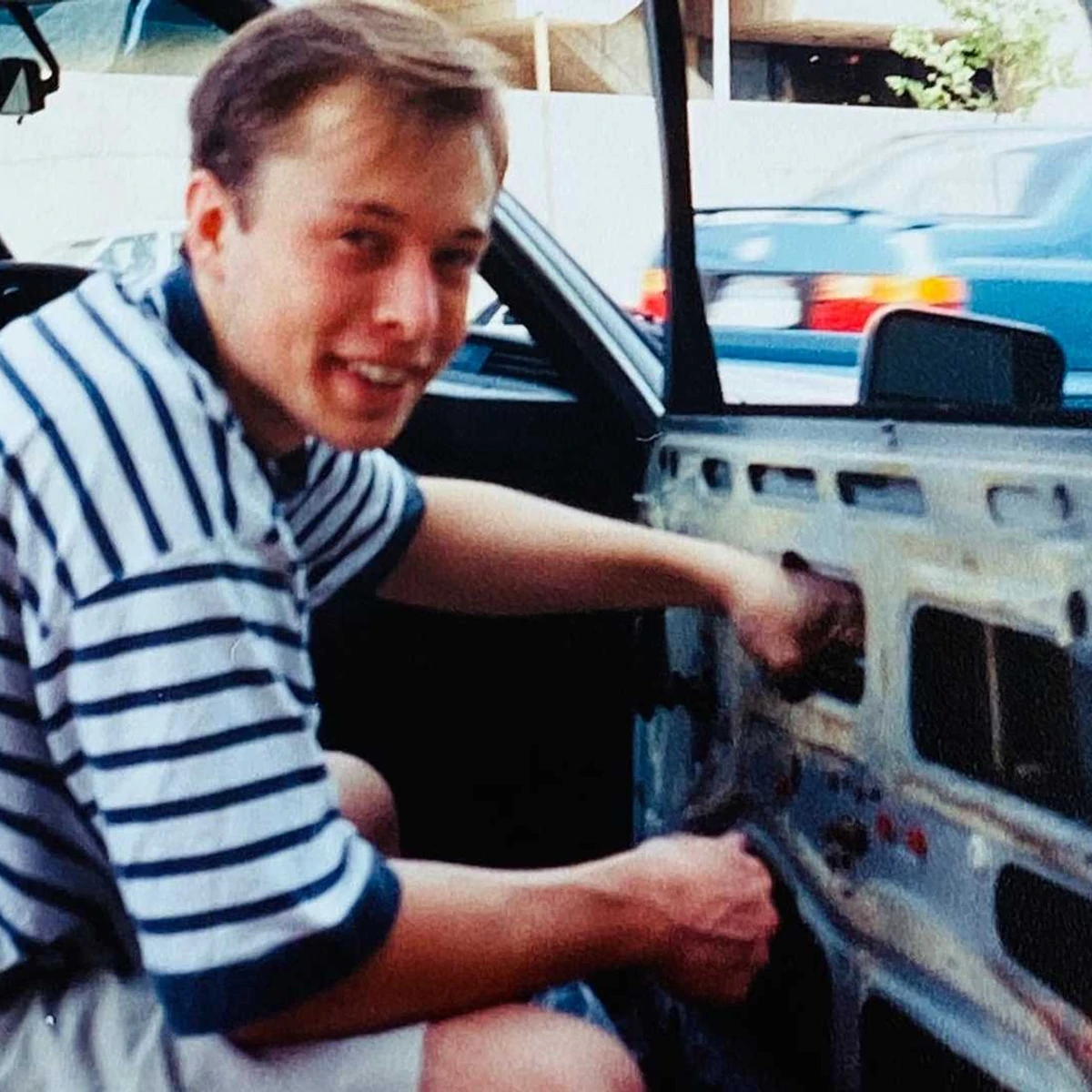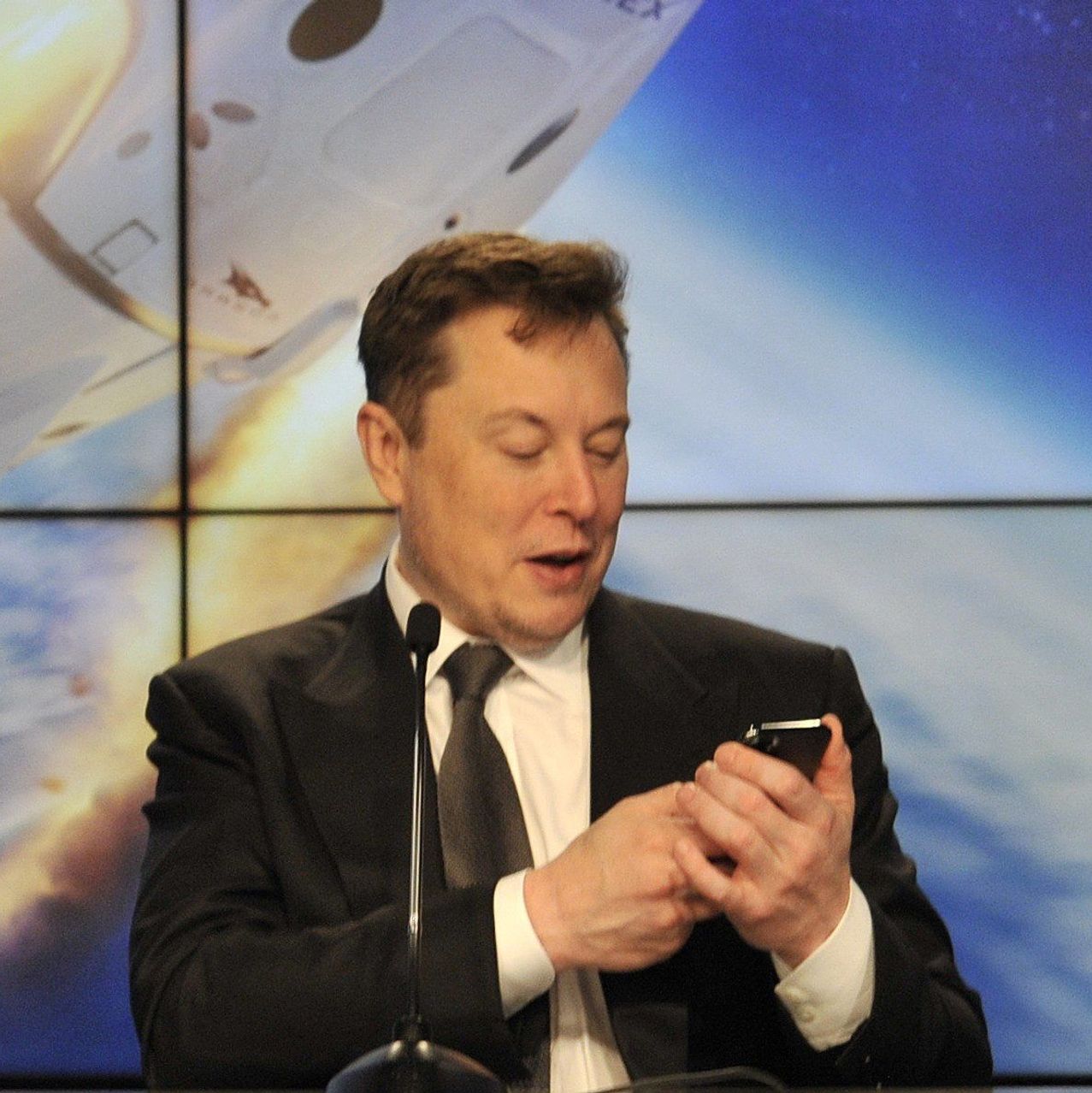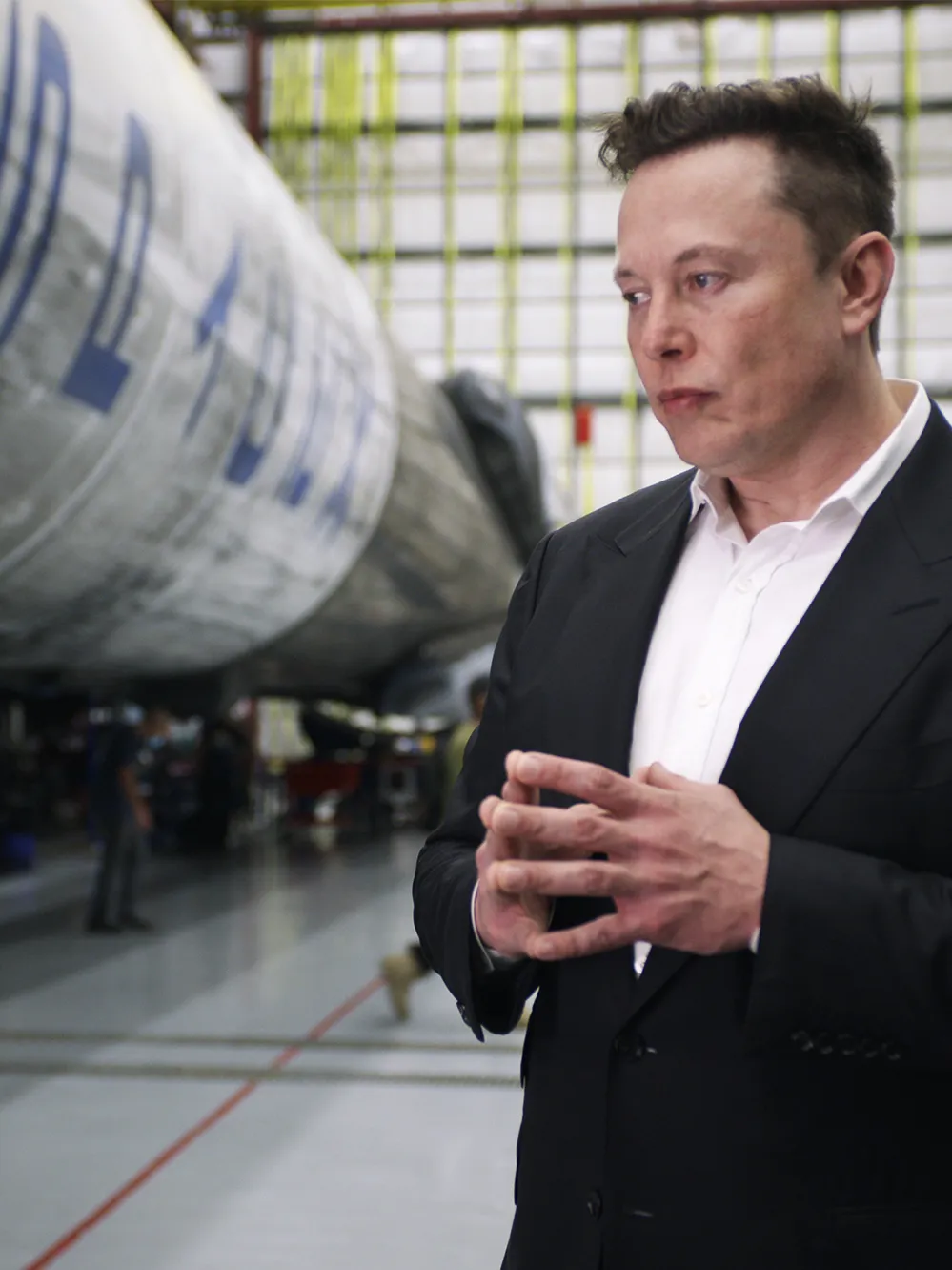Elon Reeve Musk FRS, 50 years old, is a billionaire entrepreneur and investor. Elon Musk is the co founder and CEO of the sustainable energy car company Tesla and the founder and CEO of SpaceX, a company that is focused on space transportation technology.
The billionaire is the product architect and the chief engineer at both companies respectively. Musk is also the founder of The Boring Company and co founder of Neauralik and OpenAI.
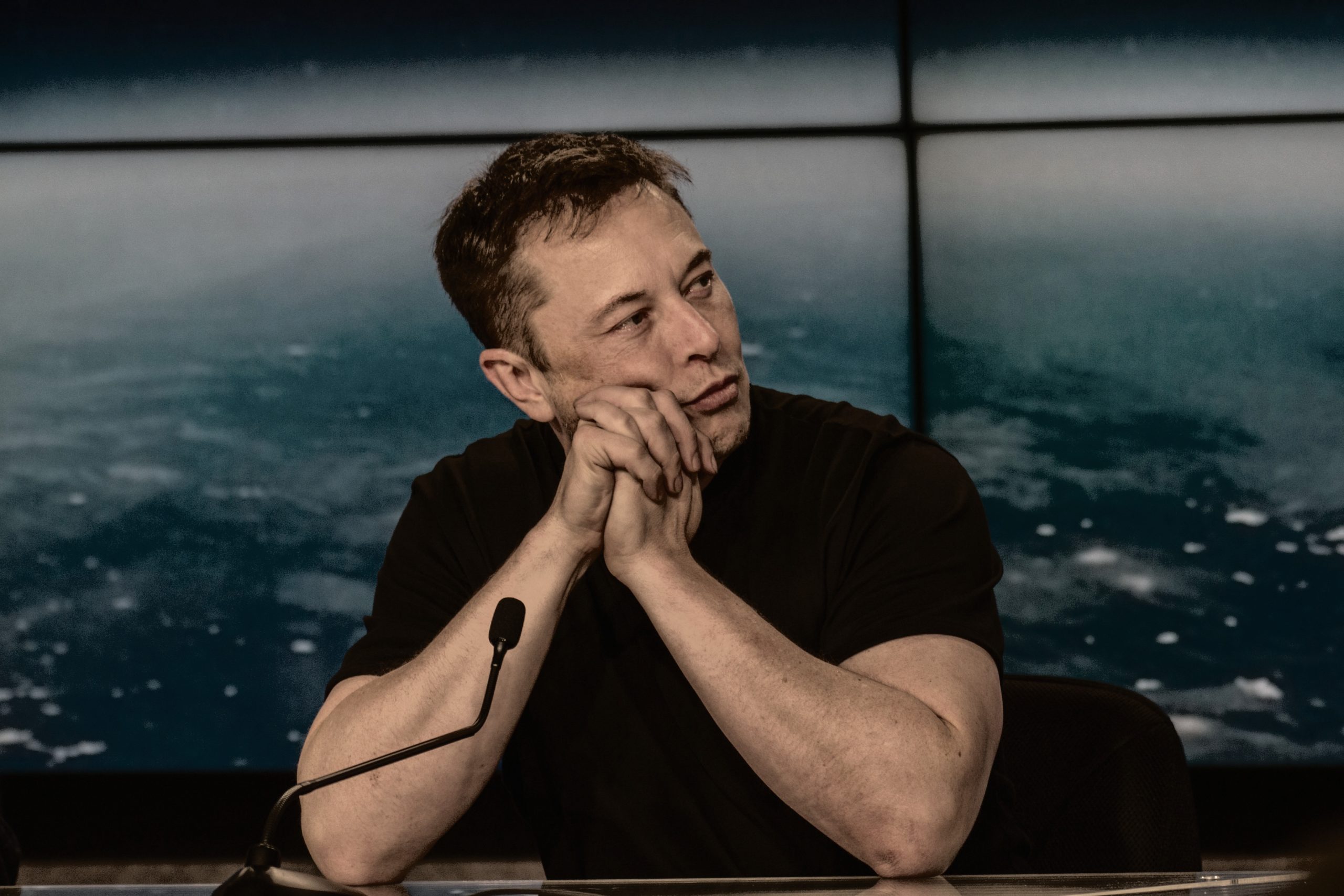
On April 25th, after 12 days of negotiations, the billionaire agreed with the Twitter board that he will purchase the social networking service for $44 billion and become the CEO of Twitter.
This follows his proclamation of buying Twitter on April 14th in which multiple publications and business people expressed doubt over the possibility.
His new position is allowing him to divert Twitter from being a public company into a private company, in which he will not need to consult with others on major decisions for the platform.
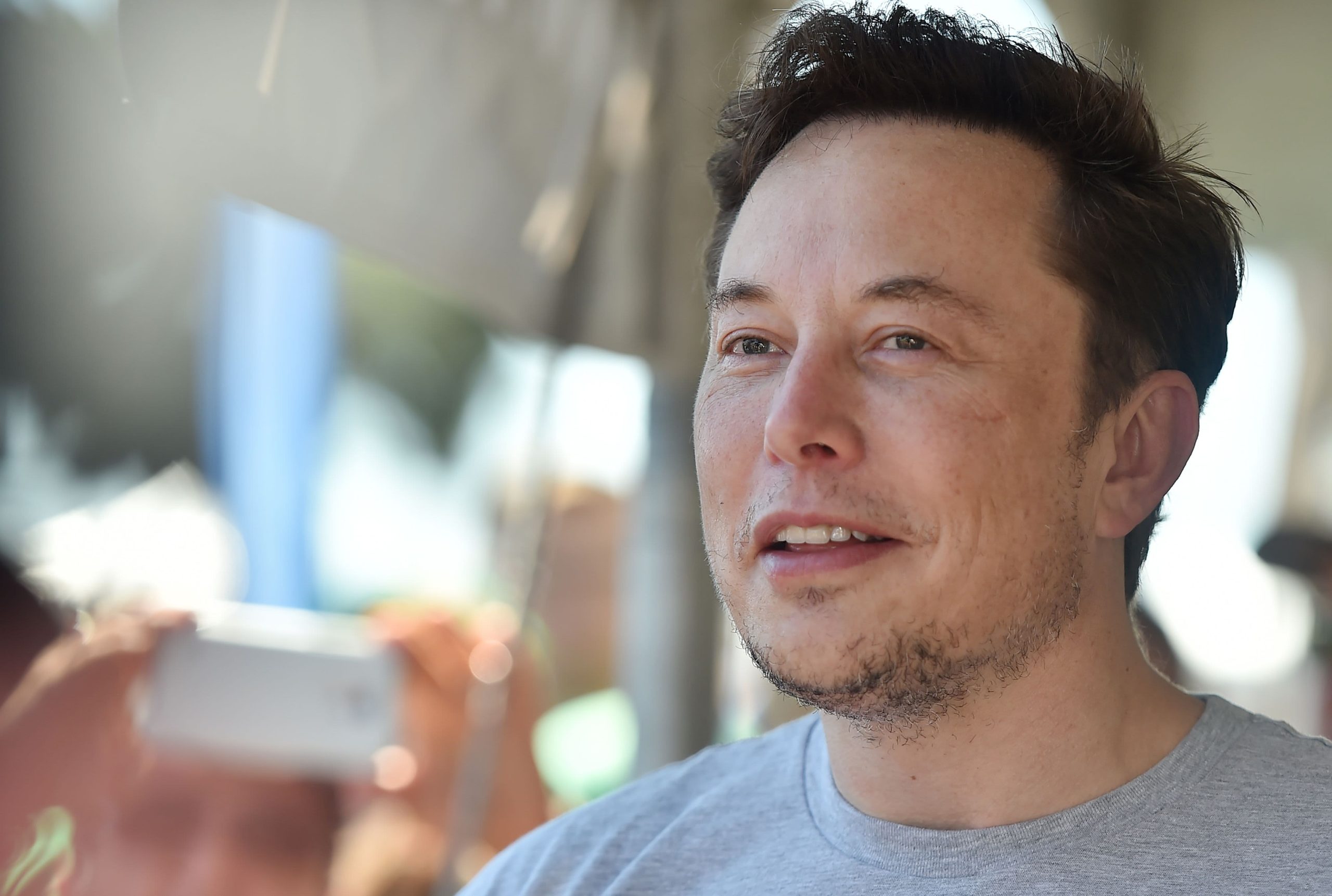
The histories of Elon Musk and his new company, Twitter:
50 years ago on June the 28th 1971, Elon Musk was born in the city of Pretoria in South Africa to his electronic engineer father Errol Musk and his professional dietitian and model mother, Maye Musk.
Musk’s parents divorced in 1979 which led him to stay with his dad. Musk expresses sincere regret at his decision to stay with his dad saying that “it was not a good idea” which was expressed in a Rolling Stone interview — the two are now estranged.
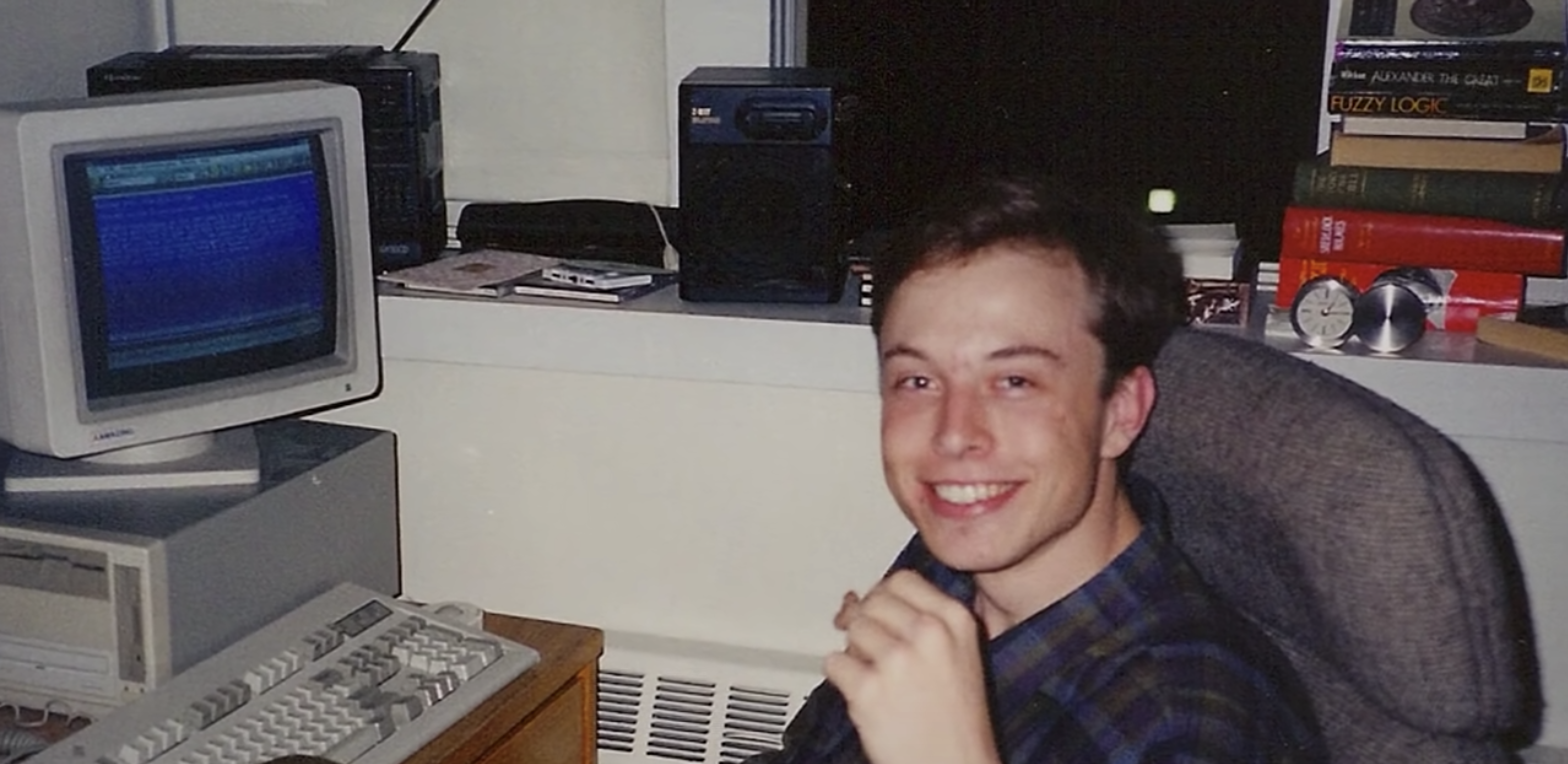
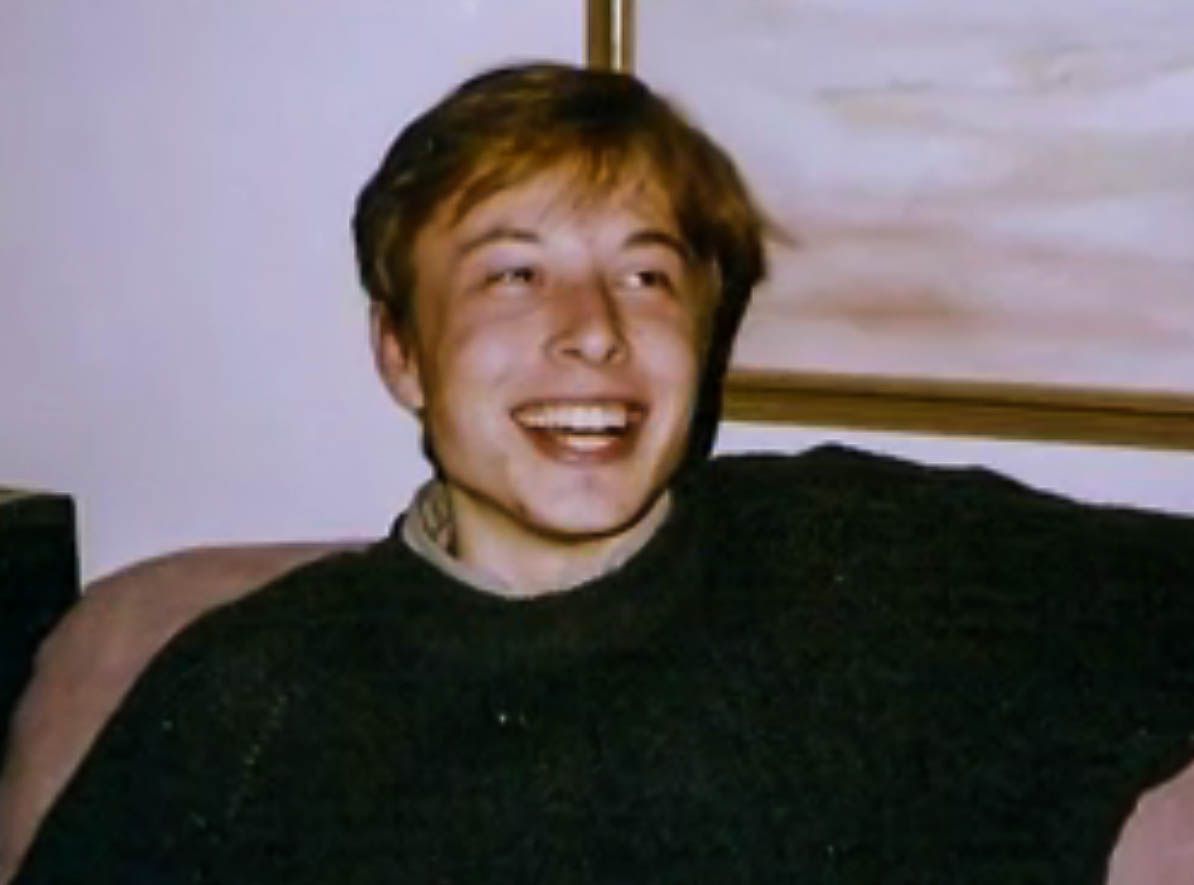
At the young age of 12, Elon Musk created a game and sold it to a computer magazine. Surprisingly or unsurprisingly, in the mid 80s Errol Musk actually managed to obtain half ownership of an emerald mine in Zambia which created an incredibly wealthy lifestyle for Elon which allowed him to obtain a wide amount of access and an ability to see his endeavours through.
Elon Musk then moved to Canada with his mother and other siblings after suffering bullying and matriculating at Pretoria Boys High School.
Elon Musk went on to study at the University of Pennsylvania and this time moving forward, Musk would engage in serial entrepreneurship and by 1999, he would become the co founder and CEO of Paypal — a financial technology company. By then Elon Musk became interested in space technology and energy renewability and recently, the concept of free speech — which led him to his next purchase and his next role as the CEO of Twitter.

The Twitter company was born at a podcast company named Odea when Jack Dorsey, who was an NYU student at the time, presented the idea.
Dorsey imagined an online platform that would allow its users to share short messages with groups of people. Twitter started as a social platform used only by Odea employees as “twttr” but by July 15th 2006, the social networking app was formally introduced to the public.
A year later, Twitter would see 60 000 tweets per day. Around 15 years later Twitter is one of the biggest social networking platforms in the world and allegedly now has “206 million monetisable daily active users worldwide” with approximately “500 million tweets posted every day.”
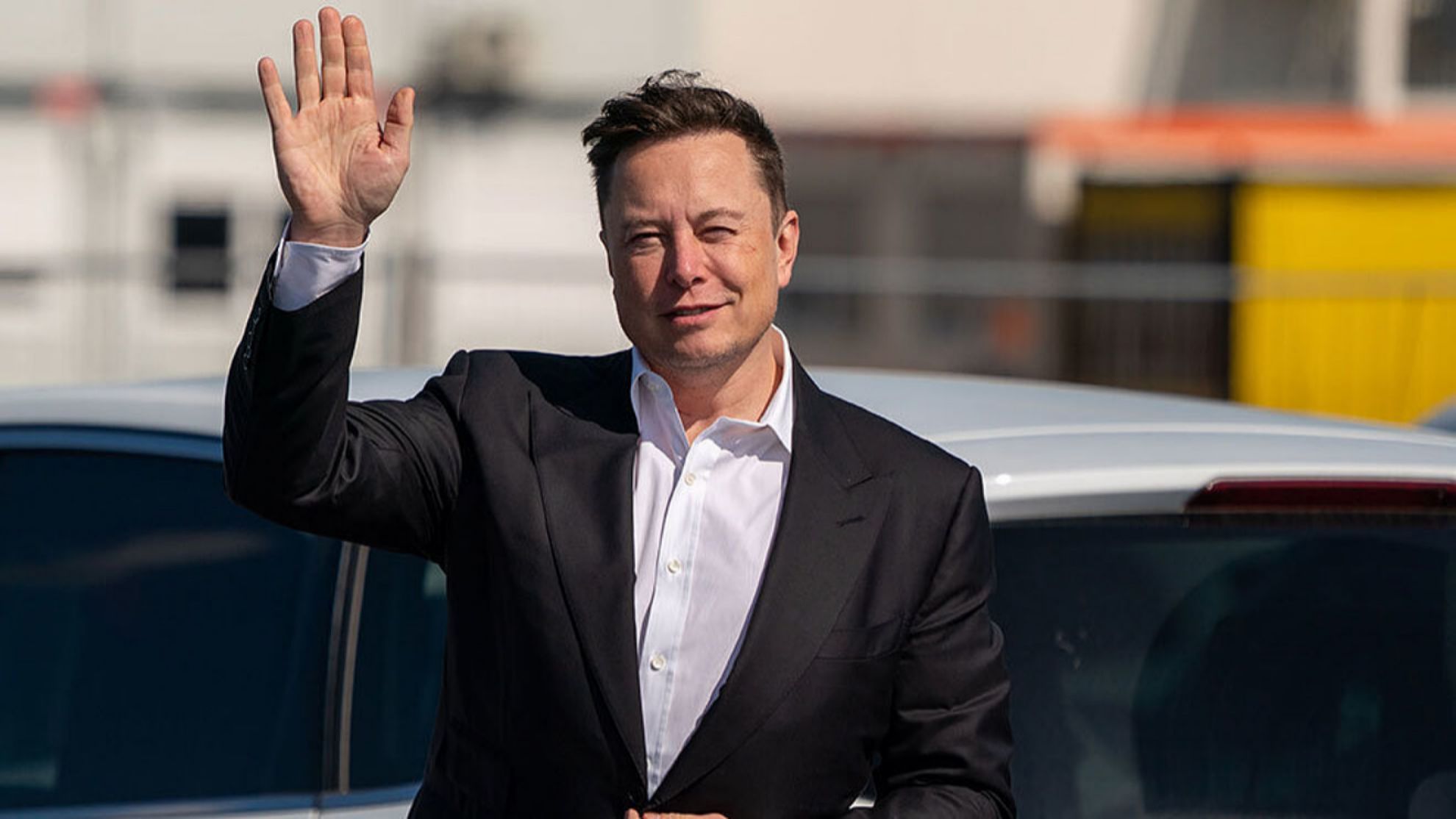
Twitter has been incredibly crucial to societal practice, behaviours and recently activist movements on behalf of marginalised groups – the app was responsible for the rapid growth behind movements such as #metoo #blacklivesmatter #womensmarch #alsicebucketchallenge and so many more which brought out real people to the streets to champion said movements.
Twitter is also the same social platform that allowed Donald Trump to refine his image for the sake of politics, leading him to become an actual president of an actual country.
It is no wonder that with its impact, Elon Musk has decided to make the move to run the company.
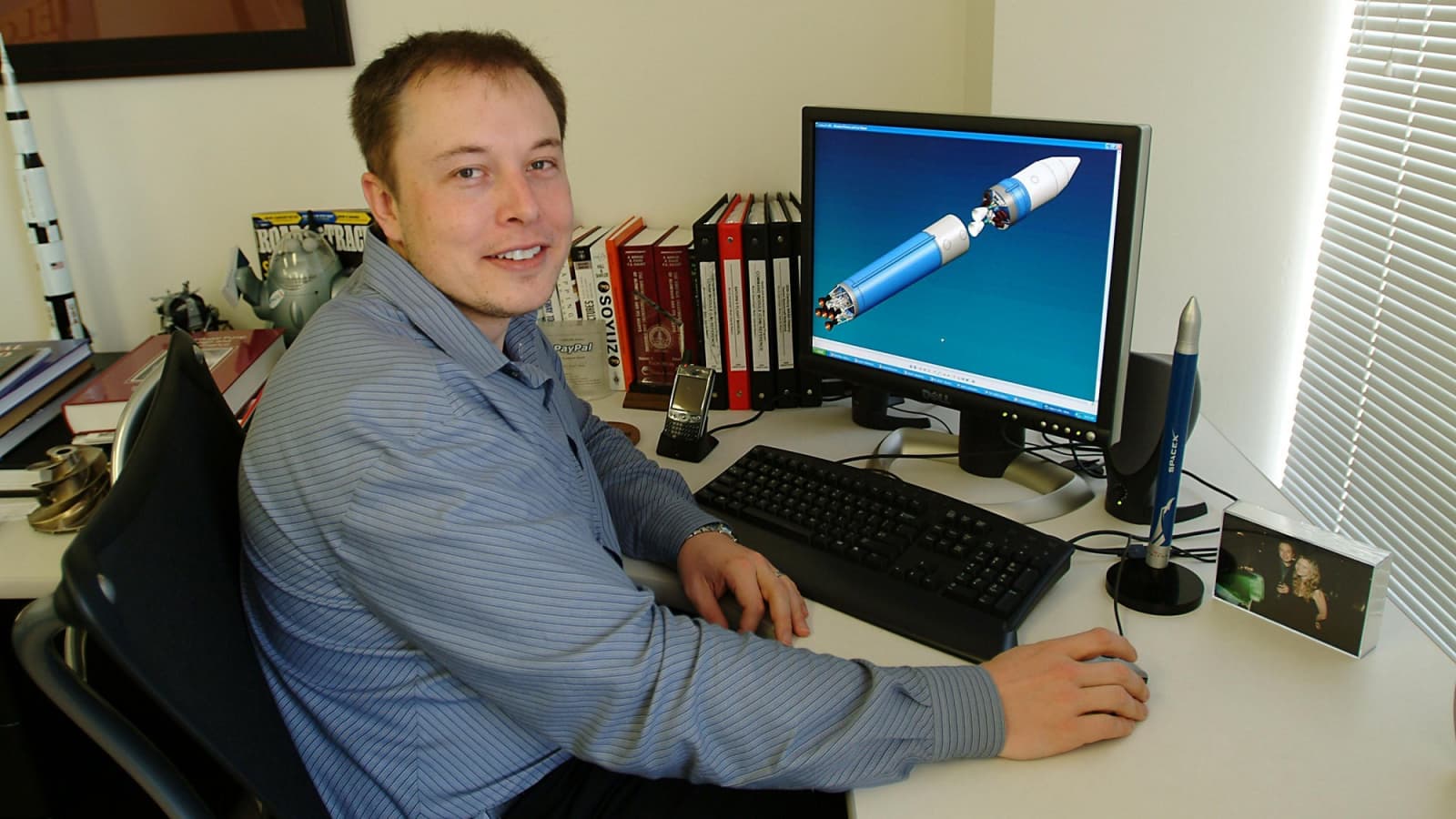

Elon Musk is partially known for his criticism of Twitter staff and executives mainly based on content monitoring and censorship that existed on the app. Elon Musk has expressed what he would like to change and add to the social media platform as of now.
The addition of an edit button which was a working idea for Twitter in the past few years, removal of ads — which is a concern because 80%-90% of Twitter makes its money through ad revenue, an open-source algorithm, and a larger ability for Twitter users to exercise free speech.
The idea of free speech seems to be his biggest concern as he has said in a statement that “Free speech is the bedrock of a functioning democracy, and Twitter is the digital town square where matters vital to the future of humanity are debated.” Musk also added more of his thoughts on his Twitter.
– Twitter, @elonmusk
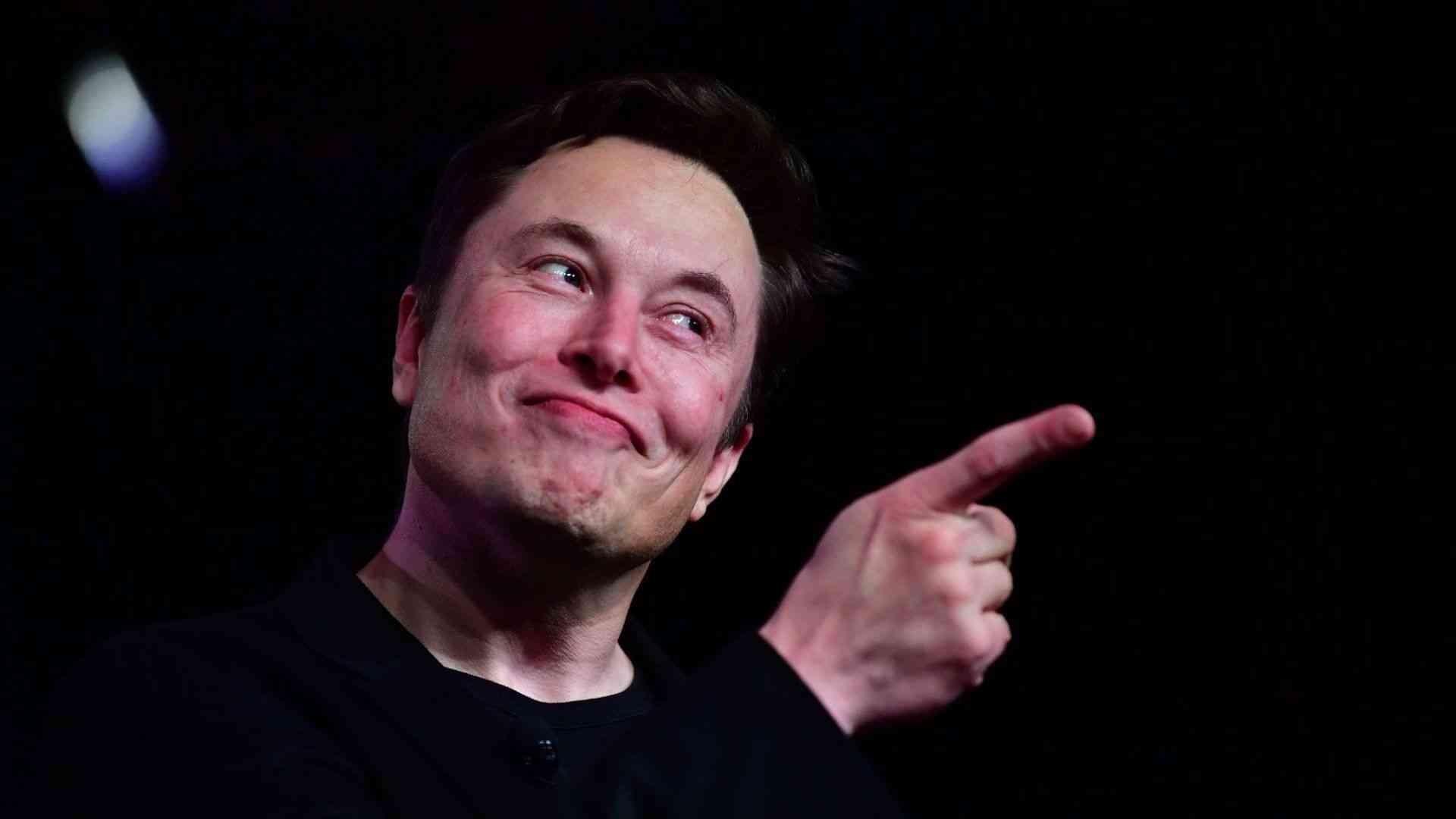
Capitalism and its billion dollar marriage with publication:
What was once the power of a physical newspaper dangling in one’s hand is now the power of online publications and social media networking platforms.
It is now acknowledged that most of where people get their news is online. Whether that’s The Washington Post or Twitter itself — not to mention the intersection of these two types of news channels.
In the context of this billion dollar buyout of Twitter by Elon Musk, the purchasing and change of ownership of publishing and media companies by billionaires is nothing new. The top 5 social networking platforms are as follows; Instagram, Youtube, Facebook, Twitter, and TikTok.
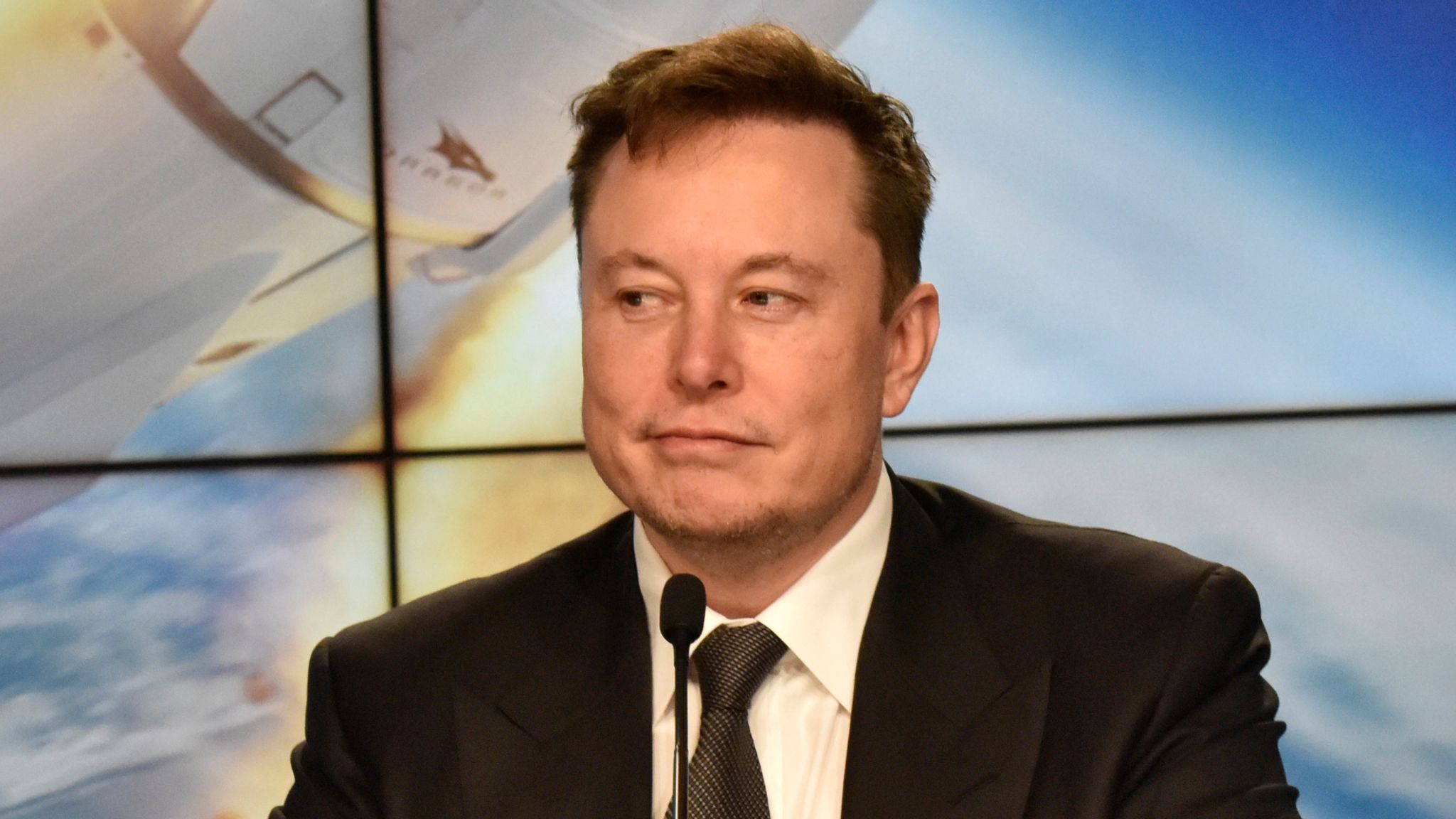
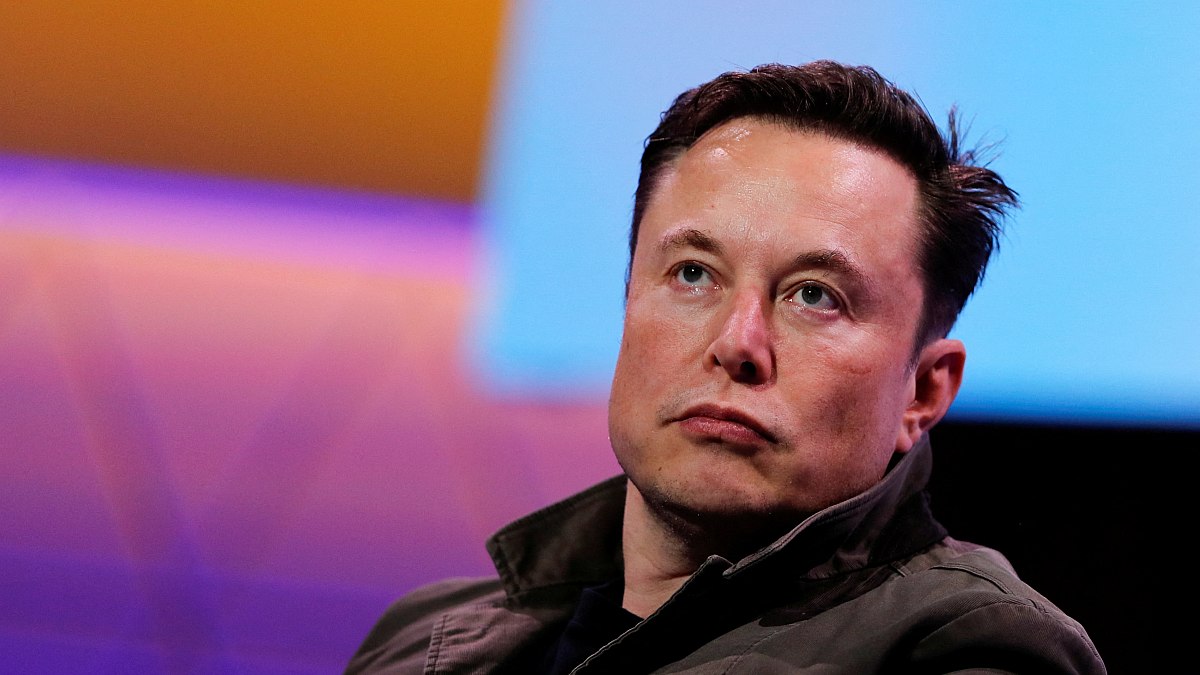
Two billionaires with questionable ethics and moral standings are CEO’s of three of these platforms. Amazon founder and billionaire Jeff Bezos also bought The Washington Post in 2013. This means a lot of what is allowed or not allowed is monitored and commanded by these people on these networks.
Capitalism is thus putting most of the world in a position where most of what we consume daily is governed not even by our presidents or other legal/political governing standings but by — to put it simply — ultra rich white men.
However, as capitalism does, it attempts to twist our perception of engaging and inspiring flash words such as “free speech” which Musk makes specific mentions multiple times. This is the same overarching system that has presented the economic system “free market” in order to gauge pricing between the competition of public and privately owned companies. It claims to be unregulated but the free market is there to work for capitalism just as most pillars of our society do – to ensure that the richest are the ones with global power.
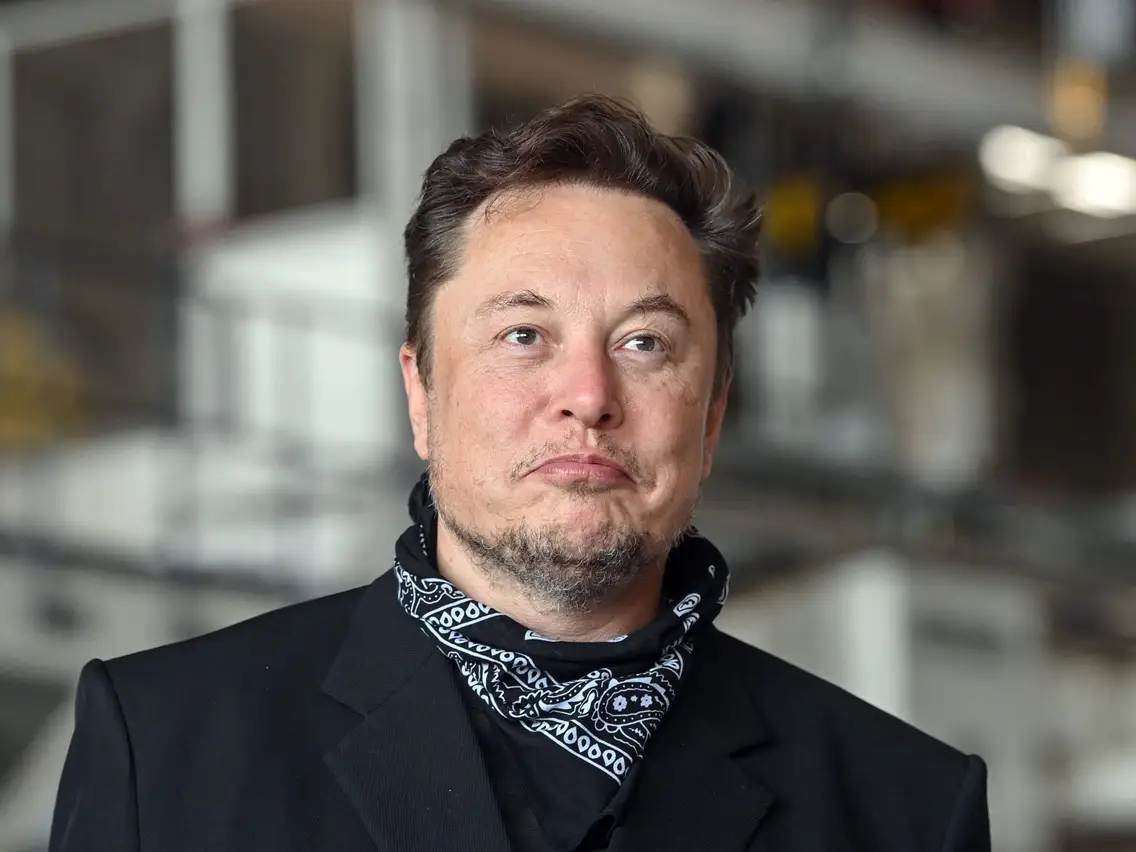
Elon Musk has expressed his disgruntled opinions about Twitter for years and his decision to buy out the social network is beyond a billionaire’s ability to engage in further business but rather possibly a quest for power. The need to take over and dominate, to strategize that a globally impactful platform like Twitter should do what Elon Musk says is one that has a lot of the world scratching heads.
Musk’s obsession with free speech:
A quick google search about the definition of free speech is one that explains the concept as a principle that allows an individual/group to vocalise their own opinions in any shape or form without the fear of being shut down or censored.
Twitter, Instagram, Youtube, and other social media platforms have usually operated with the rules of censorship enforced against hate speech, threats of violence, cyberbullying etc. Why is Elon Musk critiquing Twitter’s previous regulation of these ideas? Is he as an individual tired of having to acknowledge the hatred and danger that his own opinions can inspire?
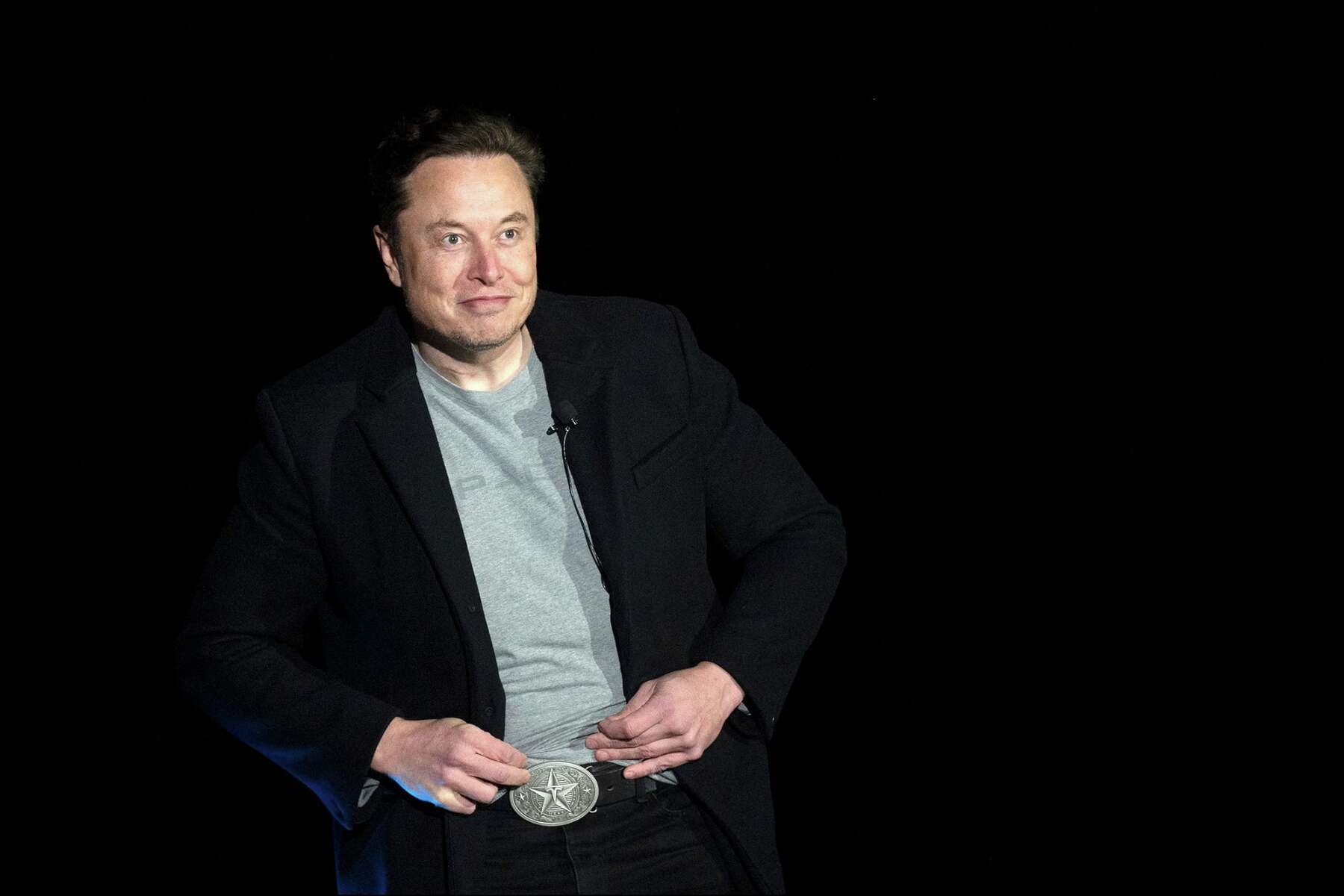
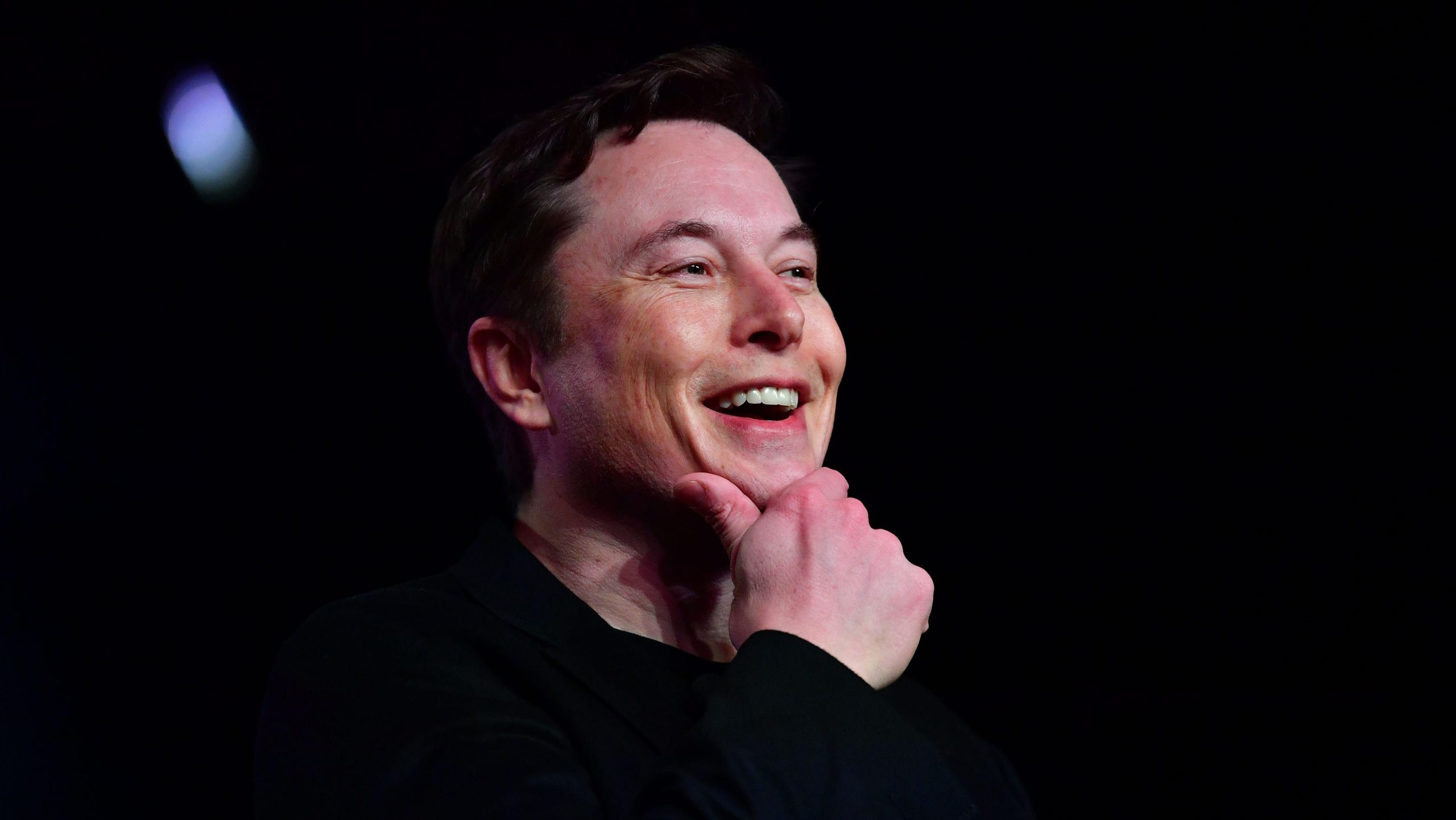
It seems then that the concept of free speech becomes a contradiction of itself – an enigma of some sort. This need for everyone to express their opinions without any form of regulation is the same thing that has created hate groups online — mainly on forum platforms. A hatred that is dangerous because it does translate into the real world and thus puts people in positions of danger.
What comes to mind is that this idea of free speech is only accessible in some other reality where human beings are all viewed, treated and accepted equally. Just before Elon took ownership of the company, he tweeted a meme that is both racist and transphobic. Elon Musk’s idea of free speech seems to be rooted in a fantasy that emits from the white man’s imagination. One that is incredibly individualistic and not truly about community — a community of Twitter or a community of the world.
A simple search of ‘elon musk’ on Twitter emits people tweeting slurs towards marginalised groups and then celebrating the billionaire for the lack of retaliation. This is then packaged as a politised idea of “the far left” and “the far right” when all it is, is for privileged groups to be able to vocally and consequently actually physically oppress marginalized groups at the level that it was before regulation. Again, it seems to be a quest for power. A power rooted in white supremacy.
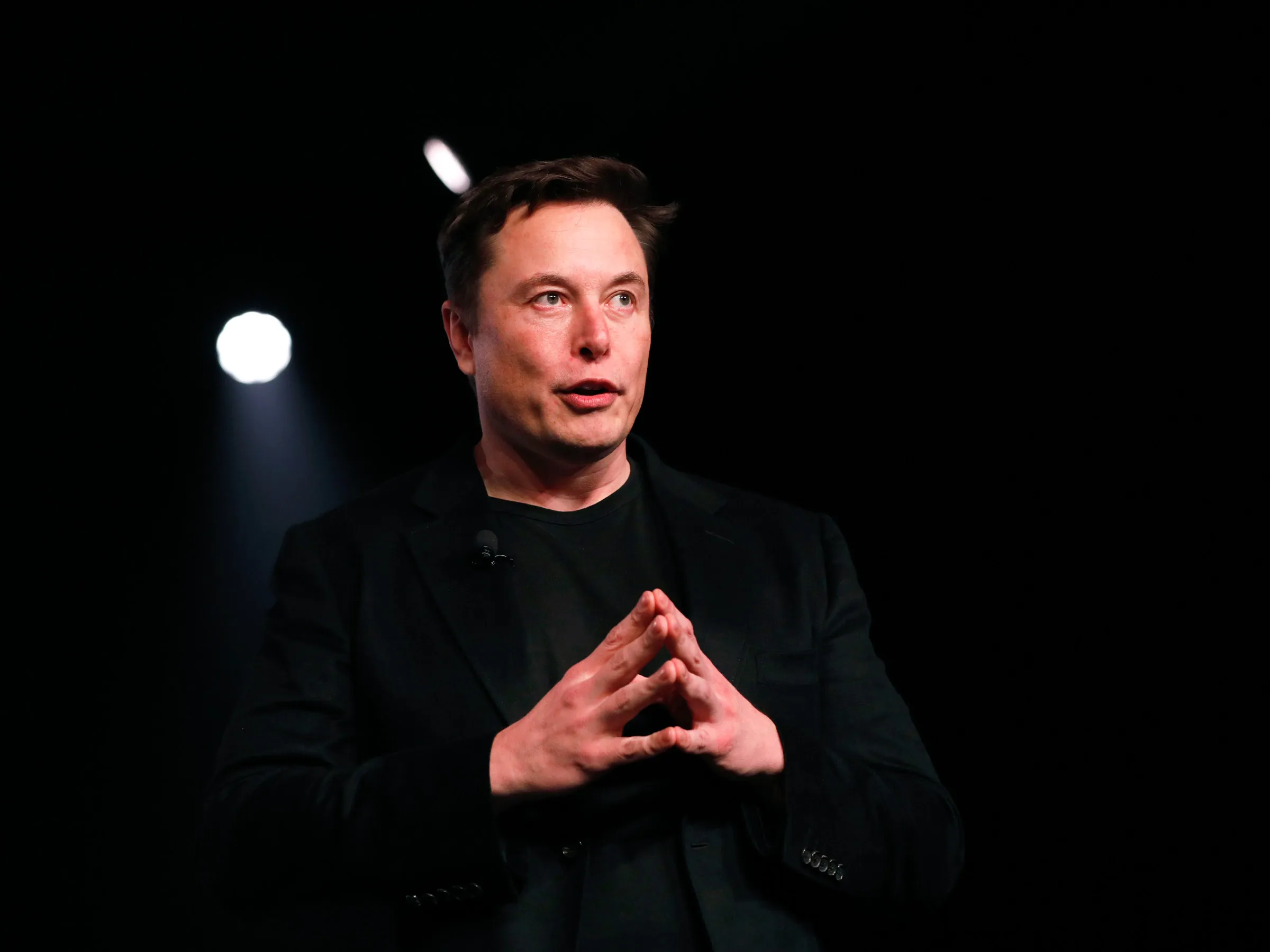
The hope is that this is truly not the case but historically marginalized groups understand what it means when society — online or offline — is unregulated and uncaring of the protection against colonial mindsets.
The allowance of hate speech on an app that has done bad but has done so much good in the world — such as set in motion activism on a large scale and in some sense has given voices to the voiceless, is one that pushes users to the edge of deep concern.
Additionally, the platforms that allow for the world to express themselves being governed by the wealthiest, white men is one that reminds us that in this world, true power is a power that is rooted not only in whiteness but in extreme wealth.
